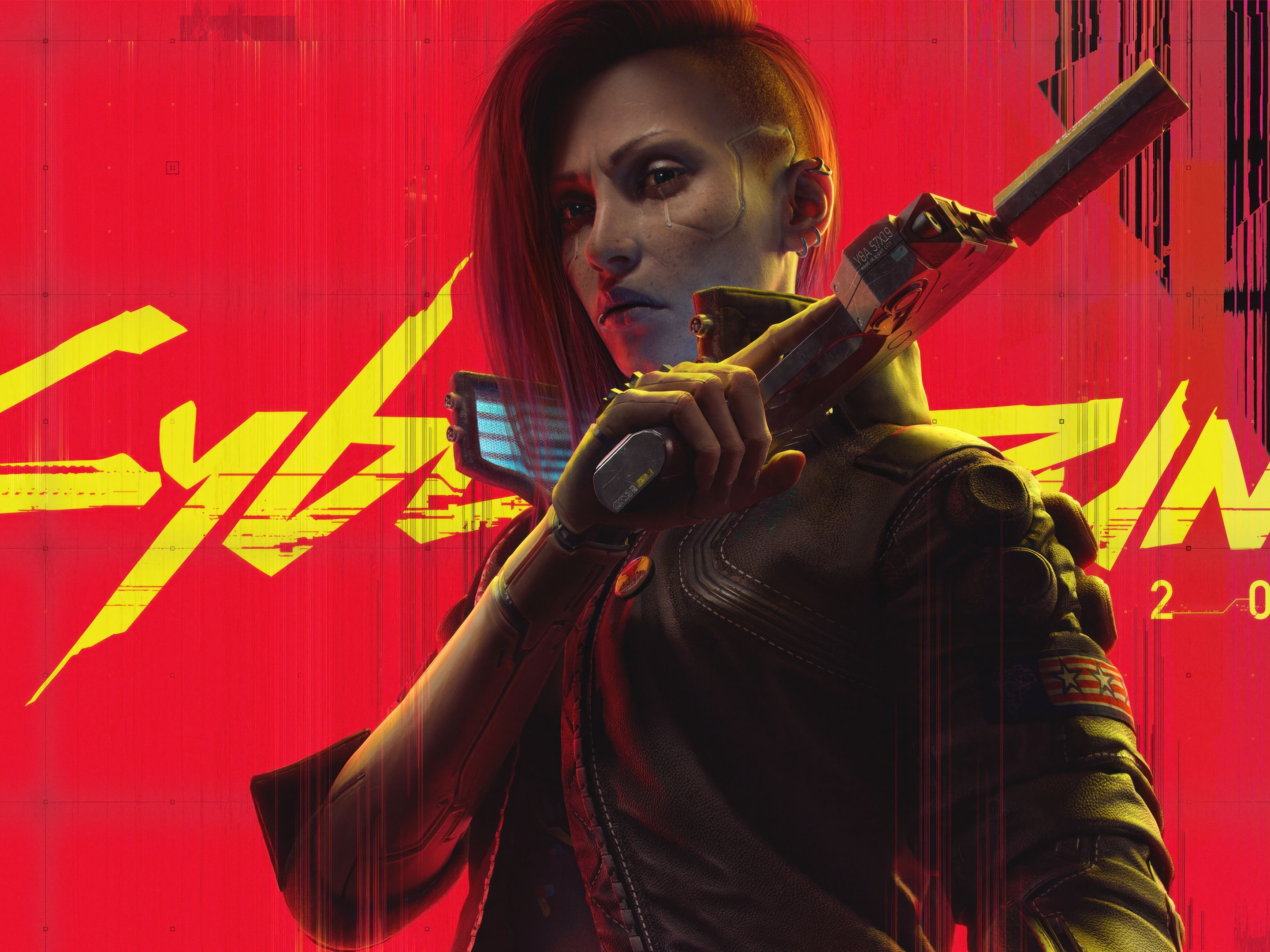Starfield Review Scores: How It Compares to Other Bethesda RPGs
Bethesda Game Studios has long been a titan in the role-playing game (RPG) genre, crafting expansive worlds that captivate players for hundreds of hours. From the frostbitten mountains of Skyrim to the post-nuclear wasteland of the Capital Wasteland, each release is not just a game—it’s an event. With the launch of Starfield in September 2023, Bethesda ventured into a new frontier: space. The game promised an unparalleled journey across the cosmos, blending the studio’s signature open-world design with a ambitious sci-fi setting. But how did it fare critically? And how do its review scores stack up against the legendary titles in Bethesda’s RPG catalog?
To answer these questions, we need to look at the critical reception of Starfield alongside Bethesda’s modern classics: The Elder Scrolls V: Skyrim (2011), Fallout 3 (2008), and Fallout 4 (2015). Each of these games defined a generation of RPGs, and their review scores reflect their impact.
Starfield: The Critical Verdict
Starfield launched to largely positive reviews, with critics praising its vast scope, deep role-playing systems, and compelling faction quests. On Metacritic, the PC version holds a score of 87, while the Xbox Series X/S version sits at 83. OpenCritic reports a similar Top Critic Average of 86, with 90% of critics recommending the game.
Reviewers highlighted the game’s ambitious design, noting that it truly becomes captivating after dozens of hours of play. The freedom to explore thousands of planets, engage in intricate shipbuilding, and navigate complex moral choices was widely applauded. However, the game wasn’t without its criticisms. Some reviewers pointed out the overreliance on fast travel, the perceived emptiness of procedural generation, and a main story that takes time to find its footing. The familiar Bethesda jank—occasional bugs and dated facial animations—was also noted, though many argued it was less prevalent than in previous launches.
The Elder Scrolls V: Skyrim – The Unmatched Legend
To understand Starfield’s scores, we must first look at the high watermark for Bethesda: Skyrim. Upon its release in 2011, it was met with near-universal acclaim. It holds a Metascore of 94 on PC and 96 on Xbox 360, making it one of the highest-rated games of all time.
Skyrim was a cultural phenomenon. Critics and players were swept away by its perfectly paced sense of discovery, its awe-inspiring world design, and the sheer freedom it offered. The phrase “See that mountain? You can climb it” became a mantra for open-world games. While it had its share of bugs, they were often forgiven as part of its charm. The game felt like a living, breathing world in a way few others had achieved. Its score reflects a title that was not just excellent but revolutionary for its time.
Fallout 3 – The Post-Apocalyptic Masterpiece
Fallout 3 was Bethesda’s first foray into the Fallout universe, and it was a monumental success. It boasts a Metascore of 91 on Xbox 360 and 93 on PC. The game was praised for its incredible atmosphere, gripping storytelling, and the powerful moment of stepping out of Vault 101 into the blinding sun of the Capital Wasteland.
The game masterfully translated Bethesda’s exploration-focused formula into a desolate, morally complex world. Its impact was significant, revitalizing a beloved franchise for a new generation. The criticism it faced was similar to Starfield—some purists missed the hardcore RPG elements of the originals, and technical issues were present—but its strengths overwhelmingly defined its legacy.
Fallout 4 – The Divisive Sequel
Fallout 4 presents a fascinating case study. It was a commercial juggernaut but received a more mixed critical response compared to its predecessors. It holds a Metascore of 84 on Xbox One and 88 on PC. Critics praised its refined combat, extensive crafting and settlement systems, and the dense, rewarding world of Boston.
However, it was also criticized for a diluted dialogue system, a less impactful main narrative, and RPG mechanics that felt streamlined to a fault. It was seen as an excellent action game but a step back as a deep role-playing experience. This divisiveness is key—it showed that Bethesda’s formula was evolving, but not always in ways that resonated with all fans.
The Comparison: Where Does Starfield Land?
When placed side-by-side, a clear hierarchy emerges based on aggregate scores:
- The Elder Scrolls V: Skyrim (94-96)
- Fallout 3 (91-93)
- Starfield (83-87)
- Fallout 4 (84-88)
Starfield’s scores place it squarely in the company of Fallout 4. This is a telling placement. Both games represent Bethesda’s ambition to push its formula into new territory—whether through base-building or interstellar exploration. And both games, while celebrated, faced a similar kind of critique: that their expansive scope sometimes came at the cost of the curated, hand-crafted intimacy that made Skyrim and Fallout 3 so special.

The critical response to Starfield is a reflection of a changed landscape. In 2011, Skyrim had few peers in its scale and freedom. In 2023, Starfield enters a market filled with massive, high-quality RPGs like The Witcher 3: Wild Hunt and Baldur’s Gate 3. The goalposts for storytelling, player agency, and technical polish have moved dramatically. Furthermore, the “Bethesda jank” that was once charming is now viewed more critically by a segment of players and reviewers.
Conclusion: A New Chapter, Not a New Peak
Starfield is not Bethesda’s highest-rated game, but its scores confirm it as a formidable, high-quality RPG that stands as a testament to the studio’s unique strengths. It did not achieve the universal, genre-defining acclaim of Skyrim, but it successfully translated the Bethesda magic to a entirely new setting—a monumental achievement in itself.
The review scores tell a story of evolution. They show a studio that is still capable of crafting worlds that captivate millions, but also one that is navigating the immense expectations it itself created. Starfield is not the second coming of Skyrim; it is the first chapter of a new saga. Its legacy, much like that of Fallout 3 and Fallout 4, will be shaped not by its Metascore at launch, but by its staying power in the years to come, through mods, expansions, and the stories players create for themselves amongst the stars.
















